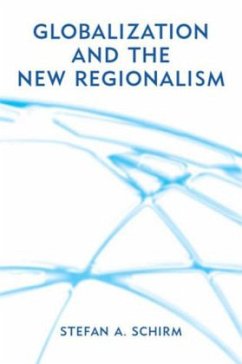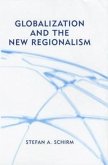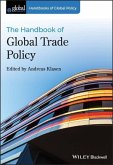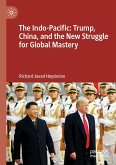The European Single Market, NAFTA and Mercosur powerfully shape international relations and economic development; they also symbolize a shift in economic policy towards a world market-oriented and liberalizing strategy. Schirm argues that this new regionalism is essentially aresult of the impact of globalization on domestic politics. The increasing transnational mobility of private economic actors alters the costs and benefits of economic policy options for governments as well as the interests of domestic groups. Globalization stimulates economic reforms whose economic efficiency and political acceptability are increased through regional cooperation. Globalization and the New Regionalism is innovative in three aspects: it offers a new theoretical approach to integration theory; it develops a distinct interpretative model for the impact of globalization on states; and it compares systematically the influence of globalization and the preferences for cooperation cross-regionally in Europe and the Americas. Case studies include the industrialized countries France, Germany, Great Britain and the United States, as well as the newly industrializing countries Argentina, Brazil and Mexico. This book is a timely contribution to the debate on the consequences of globalization and the foundations of regionalism, and has far-reaching implications for theories of international relations and political economy.








